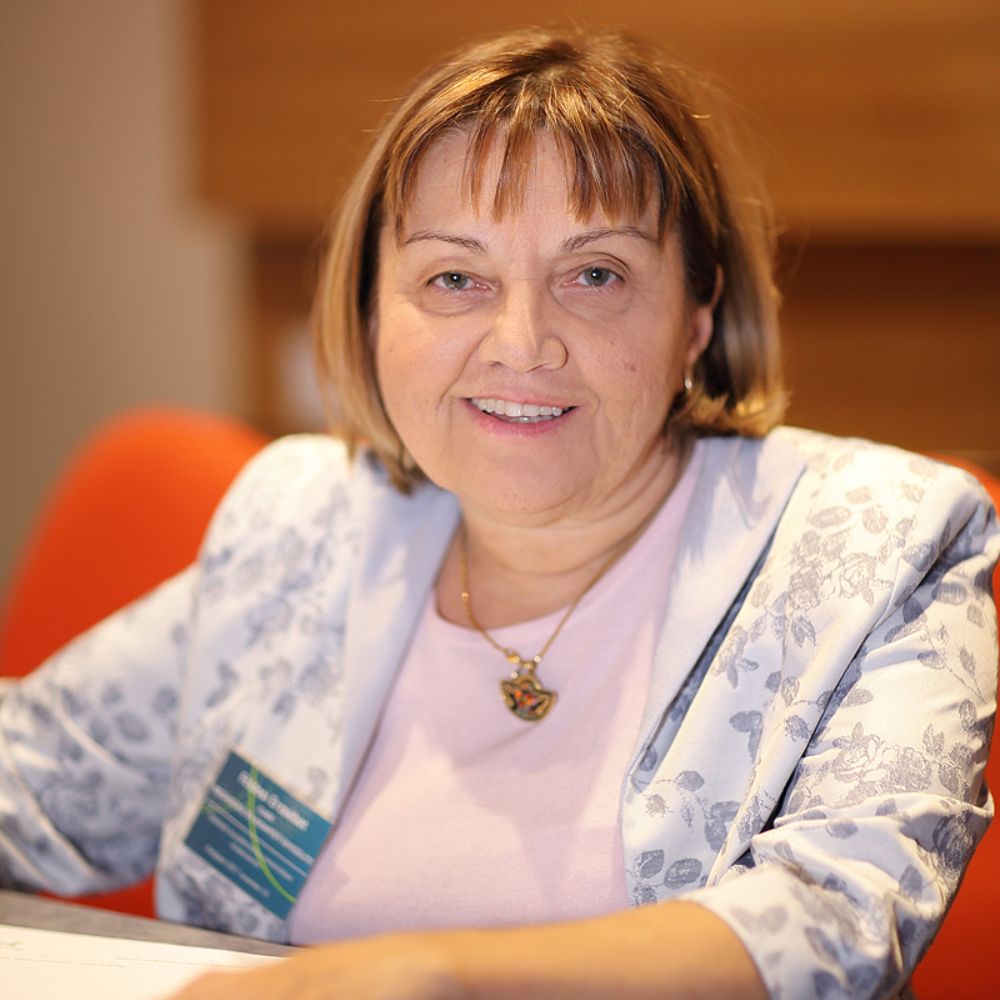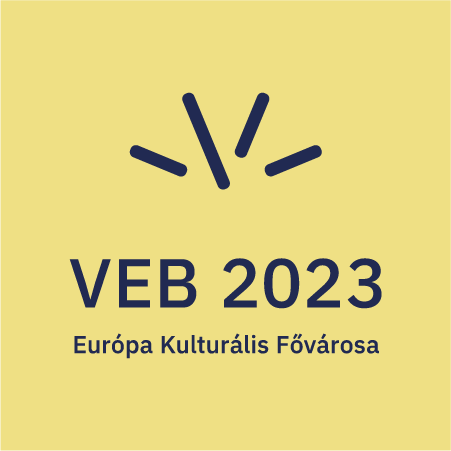
Honorary President
Budapest Association of Persons with Physical Disabilities
Erzsébet Földesi is a disabled activist advocating for the rights of women and men with disabilities for 20 years from grassroots to national and European levels. She has obtained disability advocacy related qualifications including a postgraduate degree at the Budapest Technical University as a rehabilitation environmental planner and later as a human and technical advisor in occupational rehabilitation. From 2002 to 2018 she was the president, currently she is the honorary president, of the Budapest Association of Persons with Physical Disability which in addition to its advocacy activities provides support services, home care services and peer-councelling for people with different kinds of disability. The main activity of the Association is to promote the social inclusion of people with disabilities. One of the tools it uses to achieve this is the promotion of universal design on national level, as well as on European level through its participation in EU projects aimed at the development of mainstream transport. In this field the Association developed on-line resources for university students on universal design, issued a best practice book on the realization of the universal design method, and takes part in the creation of inclusive playgrounds. The Association intended and intends to promote the social inclusion of people with disabilities through a variety of other methods. In the field of art, e.g. in 2012 – under her presidency – the organization held an exhibition entitled Re-painted Reality for disabled and non-disabled contemporary painters at the Hungarian National Gallery which helped talented disabled painters to introduce their artwork to the public.
She took active part in the creation of the first cross-disability organization in Hungary, i.e. the National Council of Associations of Persons with Disabilities (FESZT), she was its board member between 2004-20018, and between 2014-2017 its president. Since 2004, Hungary’s accession to the European Union she has been elected to the governing body of the European Disability Forum, for 4 years taking the position as its vice-president. She was author and editor of several publications.
Exhibition on Repainted Reality – People with and without mobility disability made art together
In 2012, in cooperation with the Budapest Association of People with Physical Disability and the Hungarian National Gallery, and with the support of the Hungarian wall paint company, Poli-Farbe, an exhibition was held featuring the works of contemporary artists with mobility disability (including those painting with their mouth and feet), and non-disabled artists. The artworks, created with the help of the sponsor’s wall paint, were created in a highly inspiring way in the Gallery, a bastion of art, and were chosen for the exhibition by the Gallery’s and external curators. The exhibition was launched with a spectacular opening ceremony and was open to the public for 3 months. During the exhibition, the organisers hosted several groups of school children for exceptional guided tours. In addition, an awareness-raising demonstration on Vígadó Square in Budapest, involving stars and volunteers, drew the attention of the people on the street to the fact that disabled artists can create value, if the same conditions are provided for them as for others. The exhibition was followed by a great deal of media attention, using communication platforms that addressed the majority of society, dealing with art, social issues, public life and even the economy. Since the street demonstration was joined by celebrities to show their support, the exhibition’s message was also broadcast in the tabloid media. At the end of summer 2013, part of the exhibition was shown in various European cities: Rome, Berlin, Vienna, Brussels, Stuttgart, Paris, London, Helsinki, Moscow, Prague, Istanbul. The other part of the exhibition went on a national tour to Kaposvár, Győr, Pécs, Debrecen and Vác. The event showed a good example of how a joint initiative of the private, public and civil sectors could promote the active participation of people with disabilities in the arts.
